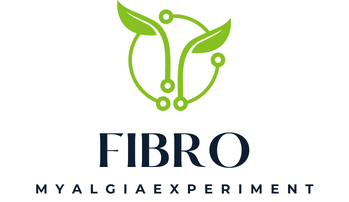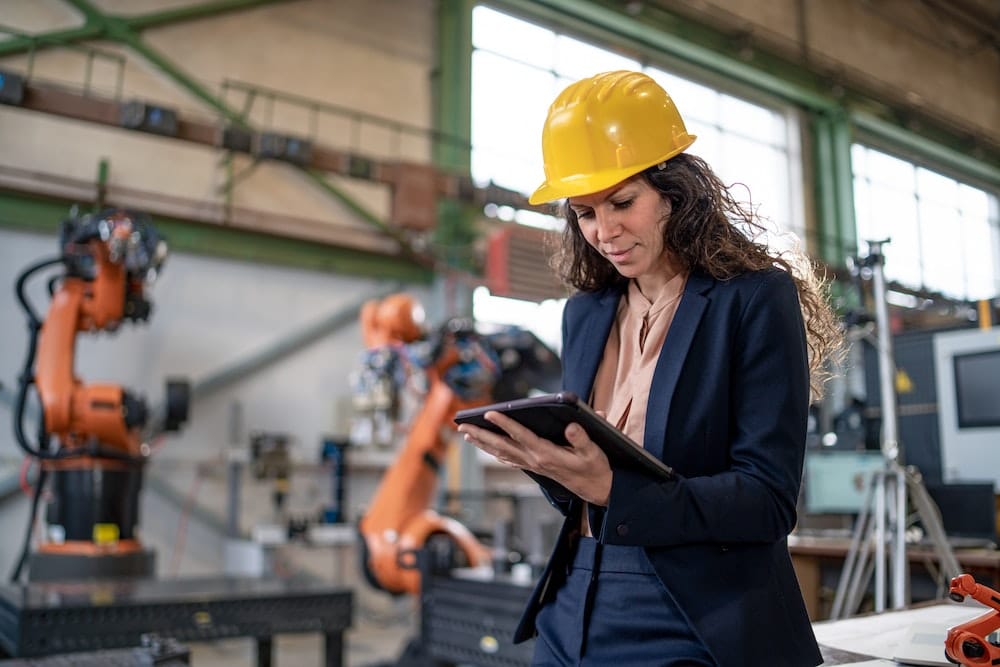In the ever-evolving world of technology, companies are on a never-ending quest for competitive edge. This race extends beyond product offerings and impacts every facet of a business, including the hiring process. Organizations are harnessing the power of artificial intelligence (AI) to enhance the recruitment process, allowing for more efficient, data-driven decision making. This innovation is reshaping the talent acquisition landscape, equipping recruiters with powerful tools and changing the job-seeking experience for candidates.
The Impact of AI on the Recruitment Process
The hiring process can often seem like an arduous task, both for recruiters and candidates. Thankfully, AI is revolutionizing this process, transforming it into a streamlined operation that is beneficial for all parties involved.
Lire également : Can Smart Home Devices Reduce the Risk of Fires Through Automated Safety Checks?
Artificial intelligence is helping to eliminate some of the most time-consuming aspects of the recruitment process. It automates repetitive tasks such as sifting through hundreds, if not thousands, of applications for a single position. AI-powered tools can scan resumes, match qualifications with job requirements, and rank candidates based on their compatibility with the role, saving recruiters significant amounts of time and resources.
Moreover, AI tools can identify patterns and correlations in the data that may not be apparent to human recruiters. For instance, specific skills, experiences, or characteristics might be common among top-performing employees, and AI can highlight these traits in future candidates.
Cela peut vous intéresser : What’s the Potential of 5G-Enabled Drones for Emergency Medical Supply Delivery?
Enhancing the Candidate Experience with AI
In a competitive job market, the candidate’s experience throughout the recruitment process can be a deciding factor in their decision to accept a job offer. AI is being used to enhance this experience, providing candidates with a more personalized and efficient process.
Job seekers often express frustration with cumbersome application processes and lack of feedback. AI-powered technology can streamline the application process, guiding candidates through each step and providing instant feedback. This helps to reduce frustration and uncertainty for the job seeker, improving their overall experience.
Furthermore, AI can provide personalized job recommendations based on a candidate’s skills, experiences, and preferences. This means that job seekers are more likely to find roles that are a good fit for them, improving job satisfaction and retention rates.
AI and Talent Acquisition
Artificial intelligence is not just transforming the recruitment process, but it’s also reshaping talent acquisition strategies. Traditionally, companies have relied heavily on reactive hiring – posting a job and waiting for applications to come in. However, AI is enabling a shift towards a more proactive approach.
AI-powered tools are capable of scouring the internet for potential candidates, analyzing their online profiles, and assessing whether they might be a good fit for a role. This means that recruiters can tap into a much larger talent pool, reaching out to potential candidates who may not have been actively looking for a new job.
Moreover, AI can help to eliminate unconscious bias in the hiring process. It can analyze job descriptions and suggest changes to ensure they are gender-neutral and inclusive, attracting a diverse range of candidates. It can also remove identifying information from resumes, ensuring candidates are assessed purely on their skills and experiences.
The Human Element in AI-Powered Recruitment
Despite the many benefits that AI offers, it is essential to remember the irreplaceable value of the human element in the recruitment process. AI can streamline the process, sift through data, and make correlations, but it cannot replace a recruiter’s ability to build relationships and make intuitive judgments.
AI should be viewed as a tool that can support human recruiters, not replace them. It can handle the time-consuming administrative tasks, freeing up recruiters to focus on the elements of their job that require a human touch – interviewing candidates, assessing cultural fit, and making final hiring decisions.
Moreover, the use of AI needs to be transparent and ethical. Candidates should be informed if AI is being used in the recruitment process, and data privacy and security should be paramount. An over-reliance on AI, or misuse of the technology, could harm a company’s reputation and deter potential candidates.
In conclusion, AI is significantly transforming the recruitment process in the tech industry, and its impact is only likely to increase in the future. However, it is crucial to remember that while AI can streamline the process, enhance the candidate experience, and reshape talent acquisition strategies, it should be used to support, not replace, human recruiters.
The Evolution of AI in Recruitment: From Resume Screening to Predictive Analytics
The implementation of AI in the hiring process has come a long way from its initial usage for resume screening. In its early stages, AI was primarily used to automate the task of going through countless resumes and applications. It was used as a filtration system that could match candidate qualifications with job requirements, thus reducing the workload of hiring managers.
However, with the evolution of AI technologies, it has moved beyond simple resume screening. It has now progressed to the use of machine learning and predictive analytics. Machine learning algorithms continually improve and adapt, learning from the patterns in the data they process. This allows them to provide more accurate and predictive analysis over time.
Predictive analytics is another area where AI has been greatly beneficial. It uses historical data to predict future trends. In the recruitment process, predictive analytics could be used to anticipate the future performance of a potential candidate based on their past performance. This provides a more data-driven approach to the hiring process, allowing hiring managers to make more informed decisions.
Moreover, AI has also made strides in candidate sourcing. AI-powered tools can proactively search the internet and social media platforms to find potential candidates who fit the job descriptions, even if they are not actively looking for a job. This proactive sourcing expands the talent pool beyond just the active job seekers, thereby giving companies access to a wider range of potential candidates.
The Future of AI in Recruitment: A Balance Between Technology and Human Resources
As technology continues to advance, one can expect that AI’s role in the recruitment process will only continue to grow. However, it’s crucial to maintain a balance between technology and the human touch in recruitment.
While AI can streamline the process, automate repetitive tasks, and provide insightful data analysis, it cannot replicate the human ability to connect on a personal level. The importance of personal interactions in the hiring process – from conducting interviews to gauging cultural fit – cannot be understated. So, even with advanced AI-powered recruitment tools, the role of human resources is not going away anytime soon.
Furthermore, the use of AI in recruitment should not only be transparent but also ethical. Companies must respect data privacy and ensure that the use of AI does not inadvertently lead to discriminatory hiring practices. Employers should be clear about how and when AI is used in the recruitment process. A balance of technology and human touch, coupled with transparency and ethical practices, can lead to an optimal recruitment process.
In conclusion, AI is driving a significant transformation in the tech industry’s recruitment process. It is not only streamlining the process and enhancing the candidate experience but also reshaping talent acquisition strategies. As we continue to embrace this technology, we must remember the vital role human resources play and use AI as a support tool, not a replacement. After all, a balanced combination of AI and human touch can lead to the most successful recruitment outcomes.






